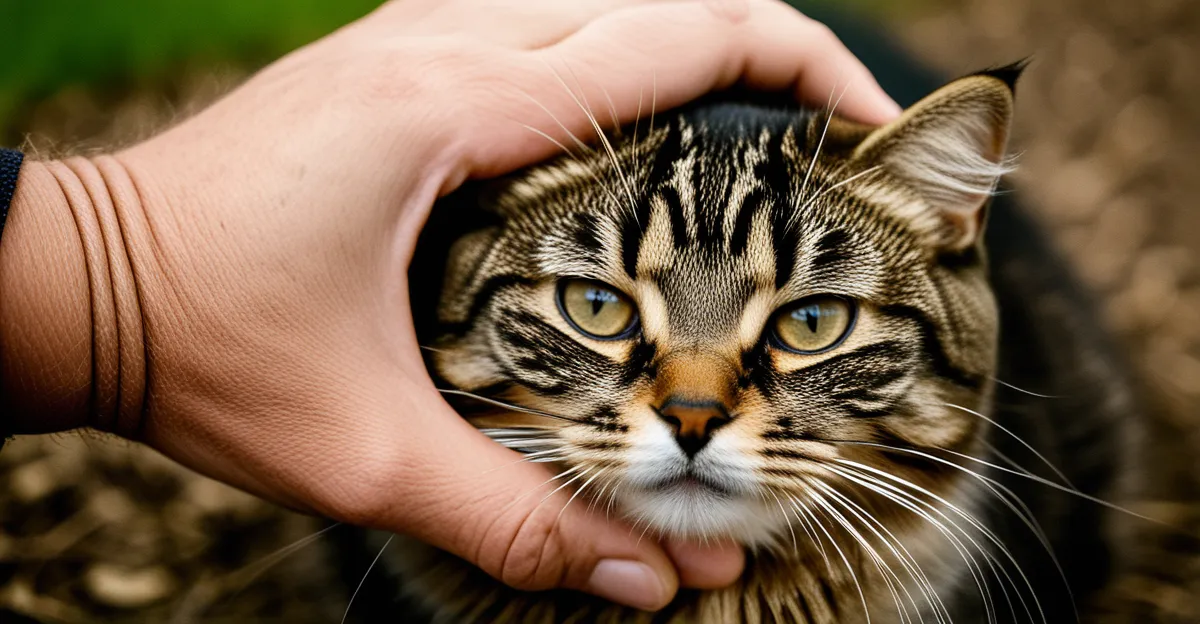Growth of Pet Ownership and Pet-Friendly Initiatives in the UK
Pet ownership trends in the UK have seen notable growth in recent years, reflecting a deepening bond between people and their animal companions. This rise in pet ownership has prompted a surge in pet-friendly initiatives that reshape urban and suburban environments. More businesses now welcome pets, and public spaces such as parks and cafes are increasingly designed with animals in mind, creating improved accessibility and comfort for owners and pets alike.
Social implications of this growth are significant. Pets foster community connections by encouraging interaction among residents and promoting outdoor activities. Urban planners and local authorities have embraced this shift by implementing policies that facilitate pet inclusivity, such as designated dog exercise areas and pet-friendly housing schemes. These initiatives enhance quality of life and contribute to a shared sense of responsibility and wellbeing within communities.
Topic to read : What Are the Most Unusual Pet Trends Emerging in the UK?
The expansion of pet-friendly environments also influences lifestyle choices, encouraging a more active, socially engaged, and connected society. From increased pet ownership rates to supportive businesses and public amenities, the UK’s pet culture is evolving rapidly, underscoring the profound role animals play in shaping daily life and social dynamics.
Pet-Centered Community Events and Activities
Pet community events have become a vibrant part of local engagement in the UK, fostering connections among pet owners and their neighbours. Regular dog walks, pet fairs, and charity fundraisers serve as popular pet-friendly activities that bring people together with their pets in welcoming social settings. These events encourage interaction beyond typical urban routines, strengthening community ties while celebrating the UK pet culture.
Also to read : What Novel Pet Innovations Are Emerging in the UK Market?
Local pet meet-ups and clubs also play a crucial role in building a sense of belonging. They offer informal yet structured environments for pets and owners to socialise, share tips, and form lasting friendships. Questions about how these clubs enhance community spirit can be answered precisely: by facilitating regular contact and mutual support among pet enthusiasts, they transform isolated pet ownership into a shared lifestyle experience.
Additionally, local councils and organisations actively support pet-centered activities by providing spaces, organising events, and promoting pet welfare initiatives. This backing helps sustain a growing network of pet-friendly initiatives that enrich community life and promote inclusion. Together, these efforts illustrate how expanding pet-friendly activities and focused community events contribute to an evolving, socially responsive UK pet culture.
Social and Wellbeing Benefits of Embracing Pet Culture
Pets play a vital role in enhancing community mental health and overall wellbeing. One key social benefit lies in how pet ownership facilitates meaningful connections among residents. Simply walking a dog or visiting a pet-friendly park encourages casual interactions that evolve into deeper relationships. This natural social catalyst reduces feelings of isolation and promotes a sense of belonging, especially in urban areas.
How exactly do pets improve mental health? Studies consistently show that presence of animals lowers stress and anxiety levels, encouraging relaxation and increased physical activity. This leads to improved mood and reduces loneliness. For older adults and individuals living alone, pets offer companionship that is both comforting and emotionally supportive.
Pet-related activities also foster intergenerational interaction by creating shared opportunities for people of all ages to engage. For example, community pet events bring together children, adults, and seniors, encouraging empathy and shared responsibility. These interactions bridge generational gaps and build a stronger, more connected society.
Overall, embracing the UK’s growing pet culture promotes mental health benefits, enriches social networks, and nurtures community cohesion. Incorporating pets into community life offers tangible advantages that extend well beyond individual wellbeing, reaching the heart of community welfare.
Case Studies: Revitalising Community Engagement Through Pets
Case studies reveal that pet-friendly initiatives UK significantly enhance community engagement by transforming neighbourhood dynamics. In various towns, projects centred on pets have revitalised public spaces, turning underused parks into lively, welcoming hubs for residents and their animals. This shift not only boosts local social interactions but also encourages physical activity and outdoor engagement.
One notable example involves collaboration between local businesses and volunteer groups, which work together to promote animal welfare while fostering community spirit. Efforts include fundraising events, pet adoption drives, and creation of dog-friendly zones that invite residents to participate actively. These initiatives demonstrate how cross-sector partnerships leverage shared goals to strengthen local bonds.
What best practices help communities integrate pet culture successfully? Precise answers show that maintaining open communication, involving diverse stakeholders, and tailoring activities to local needs are crucial. Equally important is ensuring facilities accommodate pets safely and inclusively, which maximises participation and satisfaction.
Through focused community engagement built around pets, these case studies illustrate how UK neighbourhoods can nurture stronger connections and elevate wellbeing. Embracing pets as a common interest empowers communities to create vibrant, cohesive environments benefiting both people and their animal companions.
Actionable Strategies for Harnessing Pet Culture to Strengthen Local Bonds
To build pet-friendly communities, organisers should prioritise inclusivity and safety in all events. This means selecting accessible venues with secure boundaries, adequate shade, and water facilities for pets. Clear guidelines about pet behaviour and vaccination ensure a comfortable environment for all participants. Regular communication before and after events helps sustain engagement and address concerns promptly.
Encouraging broader community participation involves inviting diverse groups, from families with young children to seniors and people with disabilities. Partnering with local businesses and animal welfare organisations provides valuable resources, such as sponsorship, expertise, and promotion. Incorporating educational activities like responsible pet care workshops also enriches events and raises awareness.
Successful community engagement strategies hinge on flexibility and responsiveness to local needs. For instance, scheduling events at different times or adding activities for non-pet owners fosters inclusivity. Collecting feedback after gatherings enables continual improvement and strengthens community bonds. These strategies create welcoming spaces where pets and people thrive together, reinforcing the social fabric through shared enthusiasm for the UK’s growing pet culture.











